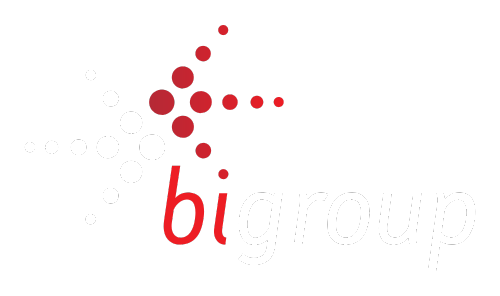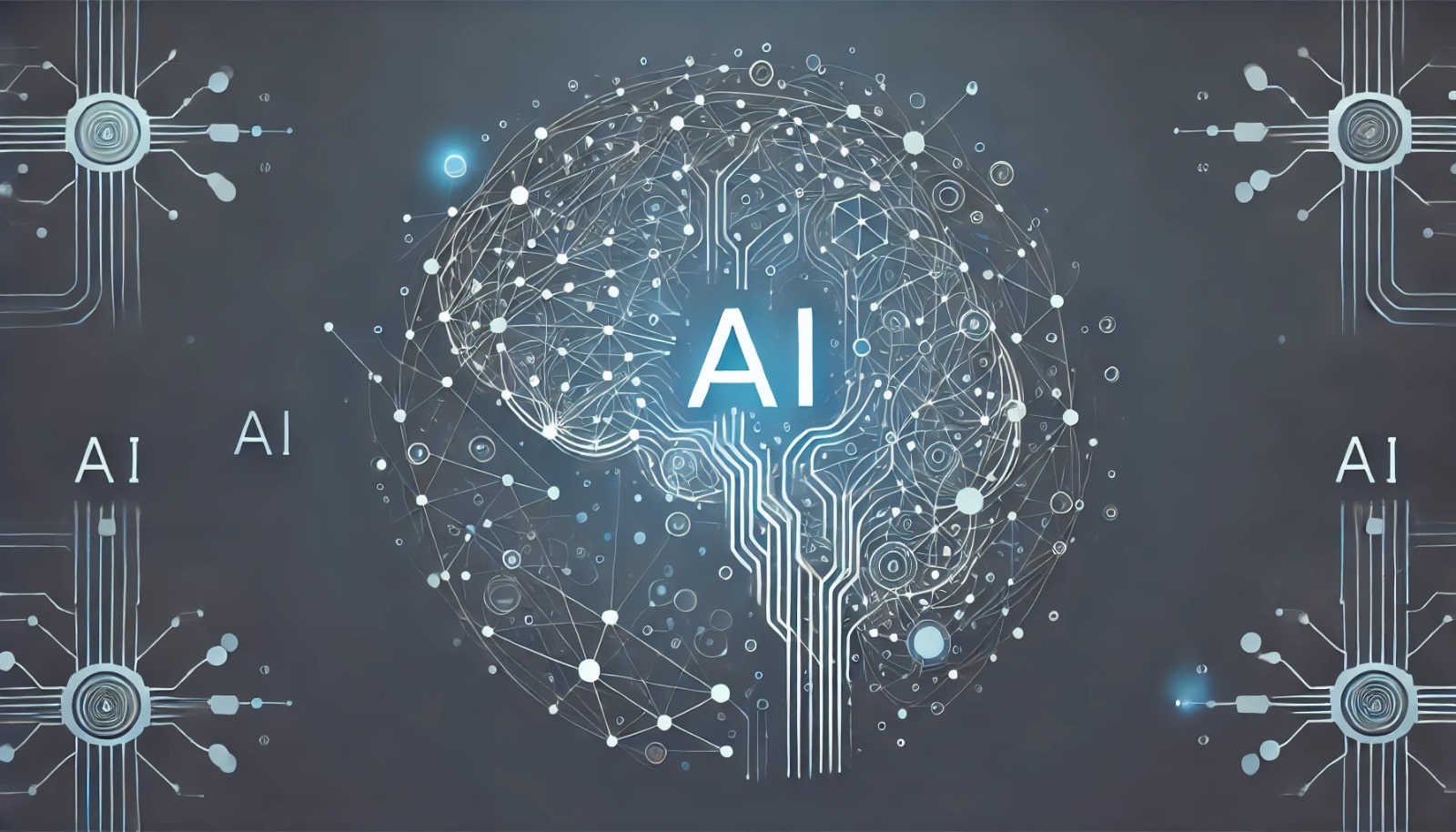The rapid evolution of artificial intelligence (AI) is reshaping workplaces across industries, offering unprecedented efficiency and insight. However, the competitive race to harness AI’s full potential often compromises responsible development. In the pursuit of speed, organisations may overlook ethical guidelines, bias detection, and essential safety measures. This introduces numerous risks, including misinformation, copyright issues, cybersecurity vulnerabilities, data privacy breaches, and the complexities of evolving regulations. Addressing these concerns is essential. To help organisations navigate AI’s workplace challenges, we propose thirteen guiding principles for responsible AI at work.
The Risks of AI in the Workplace
AI’s growing role in the workforce presents tremendous opportunities but also significant risks. Employees and employers alike face new vulnerabilities as AI automates hiring, monitoring, and performance evaluation. One major issue is bias in recruitment. According to a 2022 UNESCO publication, The Effects of AI on the Working Lives of Women, AI-driven hiring algorithms have excluded women from high-paying job opportunities. A referenced study involving over 60,000 job advertisements revealed that selecting ‘Female’ as a gender option led to fewer high-paying job ads compared to male users. This bias persists, even when advertisers attempt to reach a balanced audience, as demonstrated in a 2021 study on Facebook job ads that showed gender-based skewing.
Despite broad awareness, AI bias in recruitment remains unresolved. Emerging regulations attempt to tackle this issue, but their scope and clarity vary. For instance, businesses hiring in New York City must adhere to the Automated Employment Decision Tool law, requiring third-party audits and public disclosure of hiring tool results. Meanwhile, the EU’s AI Act is set to introduce sweeping regulations, heralding a new era of AI governance.
The risks are considerable. Poor AI implementation can lead to regulatory penalties, reputational harm, and operational setbacks. The focus must shift beyond compliance to fostering fairness, transparency, and employee rights.
Principles for Responsible AI at Work
To mitigate risks while remaining competitive, organisations need to adopt a framework rooted in ethics, legal standards, and practical measures. Drawing inspiration from frameworks like the National Science Foundation’s Responsible and Ethical Conduct of Research and laws such as the Electronic Communications Privacy Act and the California Privacy Rights Act, we outline thirteen core principles for responsible AI deployment in the workplace:
- Informed Consent
Employees must willingly consent to AI-driven initiatives based on comprehensive disclosure of the system’s purpose, methods, risks, and benefits. - Aligned Interests
Clearly define AI’s objectives, risks, and benefits to ensure alignment between employer goals and employee interests. - Opt-In & Easy Exits
Participation in AI programs must be voluntary. Employees must retain the ability to opt out at any point without facing repercussions. - Conversational Transparency
AI-driven virtual agents must disclose any persuasive objectives behind their communications with employees. - Debiased and Explainable AI
Organisations must audit AI systems to minimise bias and ensure transparent decision-making, particularly for marginalised or vulnerable groups. - AI Training and Development
Continuous employee education about AI tools ensures responsible use and enhances AI literacy across the workforce. - Health and Well-Being
AI monitoring can induce stress. Employers must assess and mitigate AI-related mental health risks to protect employee well-being. - Data Collection
Define what data is collected, the necessity behind it, and any intrusive measures involved (e.g., webcam usage during remote work). - Data Sharing
Clearly communicate who will access employee data, why, and under what conditions. - Privacy and Security
Implement robust privacy and security measures to protect employee data, with clear response protocols for potential breaches. - Third-Party Disclosure
Organisations need to disclose all third-party AI providers, their functions, and the measures they take to safeguard employee data. - Communication
Maintain transparency by informing employees of changes to AI systems, data collection policies, and third-party engagements. - Laws and Regulations
Stay committed to adhering to emerging AI regulations and regularly audit AI practices to ensure ongoing legal compliance.
Shaping the Future of AI in the Workplace
Embedding these principles into AI development and deployment will help organisations navigate the complexities of AI integration. Responsible AI isn’t just about avoiding legal pitfalls; it’s about fostering a workplace rooted in fairness, transparency, and ethical practice. By prioritising responsibility, businesses can lead the charge toward a more inclusive and trustworthy AI-driven future.

